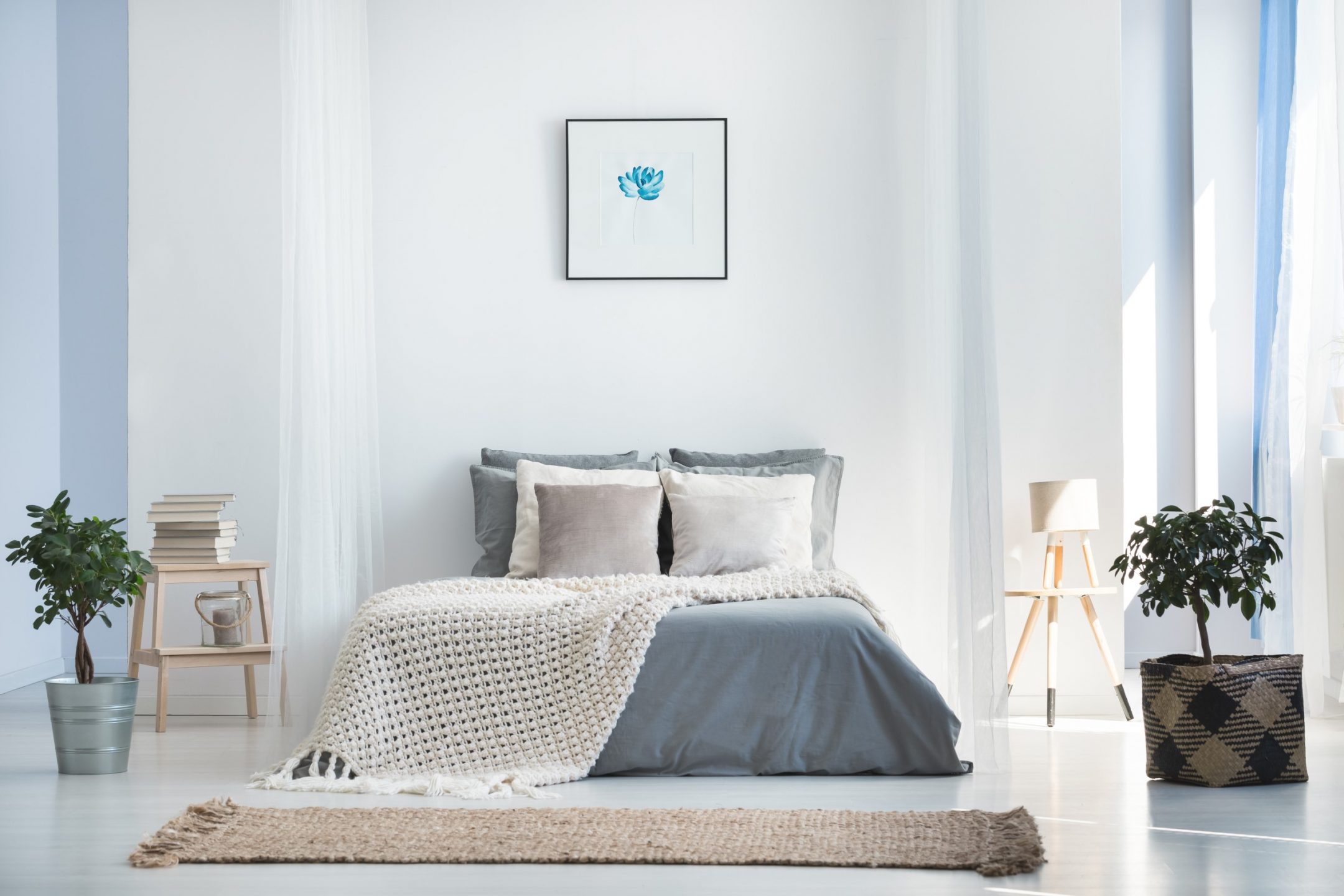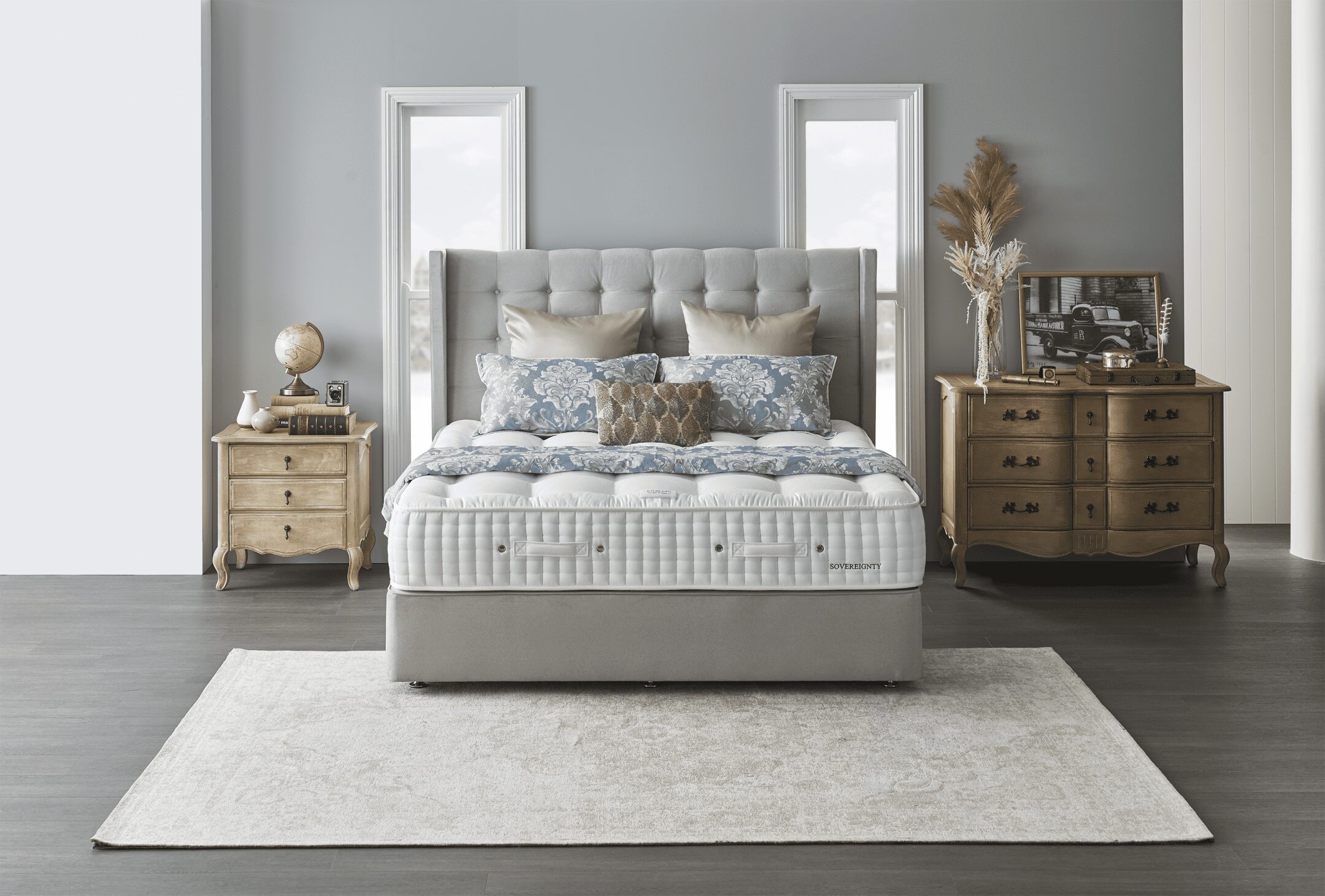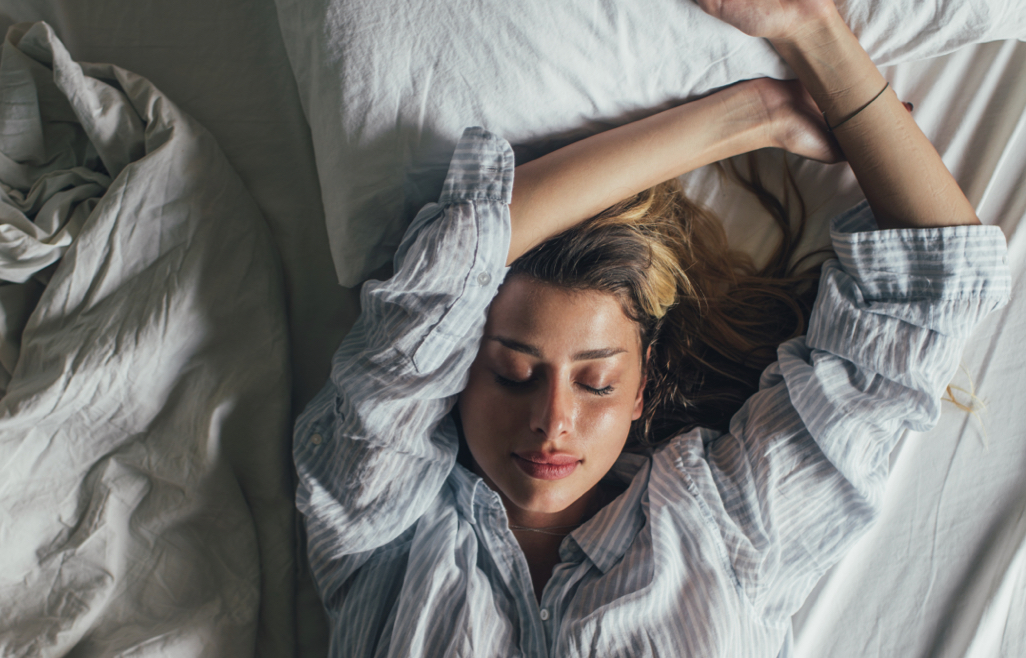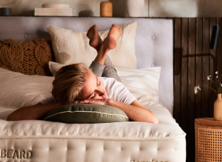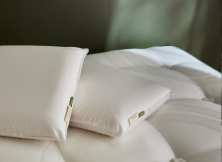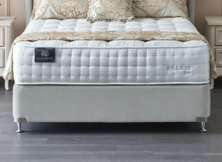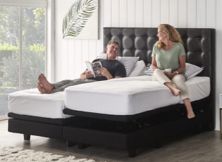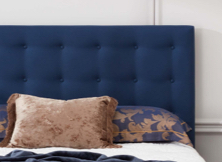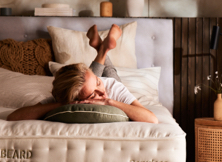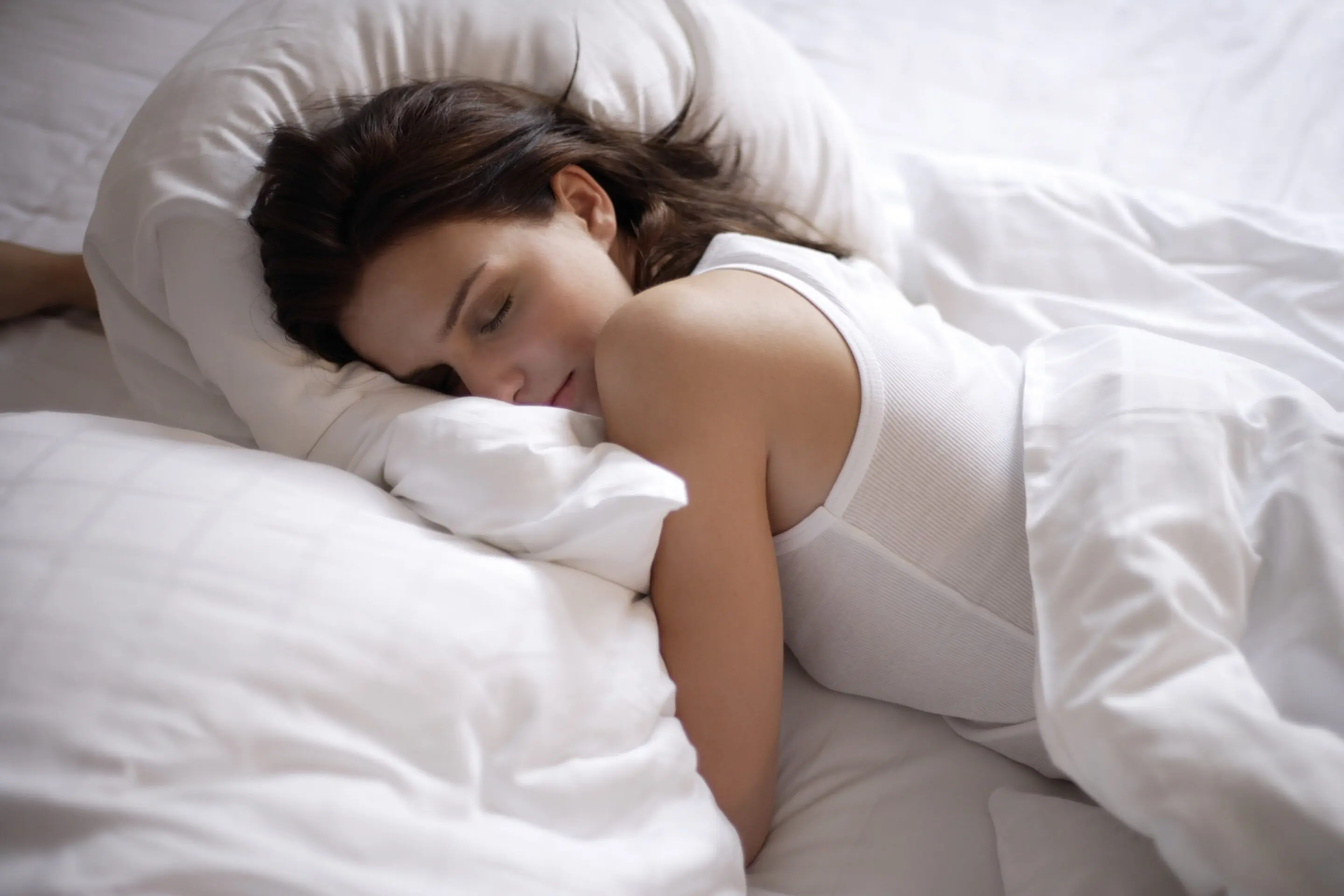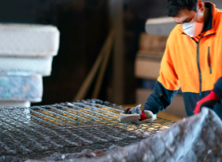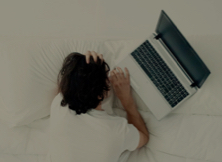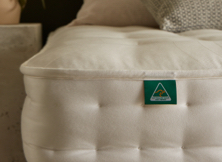More companies are telling employees to work remotely during the coronavirus pandemic. However, studies show this could wreak serious havoc with your sleep schedule.
Working remotely comes with its perks. There’s virtually no commute time, fewer meetings and distractions, and it’s easier to run errands and look after the family.
But while there are plenty of upsides to working remotely, including increased flexibility and productivity, it’s not all sunshine and sleep-ins. Prolonged periods of working from home can negatively impact your routine, and your physical and mental health if you’re not prepared.
When you sleep where you work, it’s harder to switch off, and loneliness and anxiety can also creep up. Couple these with a lack of a regular work schedule, and soon you might find yourself slipping out of your routine and facing more sleepless nights. A report by the United Nations International Labour Organization (ILO) found that 42% of remote workers wake repeatedly in the night, compared to 29% who work in traditional office environments.
As working remotely becomes the ‘new normal’, it’s important to keep your sleep schedule in check so, we want to share some of our top sleeping tips.
Avoid screens before bedtime
The blue light from our laptops, smartphones, and TVs can prevent us from getting a good night’s rest. Countless studies from around the world have found that exposure to bluish light before sleep can prevent us from getting quality shut-eye. Blue light suppresses the production of melatonin, an essential sleep hormone, which limits the amount of sleep we get and leaves us feeling groggy in the morning.
When we stare at screens, the light emitted from our devices affects our body’s circadian rhythm, which is responsible for telling us when to sleep and when to wake up. Constant exposure to screens makes our bodies think that we’re still in daylight and keeps us alert—even in the dead of night. This, in turn, makes it harder to slip off into dreamland, and can seriously mess up our REM sleep cycle.
If you’re working remotely, it’s inevitable that you’ll be staring at screens — a lot. However, it’s important to switch off 2-3 hours before bedtime. If you do have to use screens before hitting the hay, dim the light or use the dark mode or blue filtering settings on apps.
Take naps, but keep it short
Naps at work have become a trend in recent years, but there’s nowhere quite as easy to nap as your own home. When your comfy bed or couch is literally right there, many of us are tempted to take a break…and a siesta along with it.
Napping provides plenty of benefits, from giving us an extra boost of energy to compensating for lost sleep. But you need to be strategic about your naps when working from home. It’s all too easy to close our eyes, drift off, and wake up two hours later feeling groggy. Napping too late in the day can also mess with your sleep pattern and make it difficult to sleep at night.
Try to nap at roughly the same time every day—we generally recommend mid-afternoons. Opt for a 20-minute power nap to re-energise, or take a full 90-minute nap if you got less than 6 hours of sleep the night before. No matter how long you rest for, be sure to set an alarm. This way, you can ensure your snooze doesn’t turn into a full-blown sleep.
Stick to a regular schedule
Wake up, head to work, come home, exercise, watch some TV, read, go to bed. When we work in an office, this is generally how it goes. Working from home throws that entire routine off-kilter, leaving you wondering how to get your sleep schedule back on track.
The days start to blur into one, which leaves it hard to switch off or maintain a sense of balance. And with the world-changing constantly around us every day, a sense of routine and regularity is exactly what we all need in order to look after ourselves.
It’s going to be tough to keep up the same routine you had before, so use this opportunity to create a new one. Try to wake up and go to bed at the same time every day, disconnect from work at a certain time of day, and pencil in some down-time to go for walks, stretch or meditate.
Create a dedicated work space
Imagine doing your 9-5 at the office, then hitting the hay at your desk. When you work in the same place you sleep, that’s essentially what you’re doing.
Working in your bedroom means all the challenges of your work day invade your rest space. This can cause you to experience higher levels of stress and anxiety, and might even affect your ability to get quality zzz’s at the end of the day.
Rather than setting up shop in your bedroom, designate a certain space in your home for work, such as the living room or a spare bedroom. Keep your bedroom as a sanctuary and use it only to do things to help you sleep—no work talk allowed.
Stay connected with coworkers
Social isolation is a very real side effect of working from home. At the office, it’s easy to catch up with colleagues over coffee or grab a quick bite together. At home? Not so much.
Here’s the good news: with all the different apps available to us on our laptops and phones, it’s entirely possible to stay connected and maintain company culture while working remotely.
Call colleagues on Hangouts, FaceTime or Zoom rather than sending emails, and try to use video calls whenever possible. This helps you stay connected with the rest of your team; plus, it could even strengthen your relationships over time as you share the same experiences in working from home.
Practice mindfulness with meditation or yoga
There’s no denying it: these are difficult times for everyone. With all the uncertainty floating around, it’s easy for anxiety and stress levels to skyrocket, which can quickly turn into restless nights and insomnia.
We know it’s easier said than done, but try to keep calm and present. These tips will help you feel better and stay mindful, particularly if you sense yourself getting more stressed out:
- Start the day with ten minutes of meditation to relax and set the tone for the day.
- Take a break and squeeze in some yoga throughout the day. YouTube is a great source for quick 20-minute at-home yoga routines.
- Write in your journal at night. It only takes five minutes, but makes a world of difference.
- Eat well and keep the healthy essentials in your diet. Nutrition plays a big role in our ability to rest and recover: Check out this list of 15 foods to help you sleep.
Switch on the ‘do not disturb’ setting
Cabin fever can have a range of side effects. Some of us might binge-watch series’ on Netflix, or pick up a new hobby like baking. However, one of the very real side effects for remote workers is the inability to unplug at the end of the day.
If you find yourself working longer than before, you’re not alone. Research by UK firm BHSF found that 82% of home workers respond to emails outside of work hours at least once a week. Almost half (44%) do it every single day.
Being always-on has a negative effect on our sleep because our brains are constantly ticking over and thinking of work — even while resting. The best way to tackle this is to force yourself to disconnect. Set ‘do not disturb’ hours on your phone to avoid seeing (and responding) to quick emails outside of work hours. Remember: it can wait until morning.
